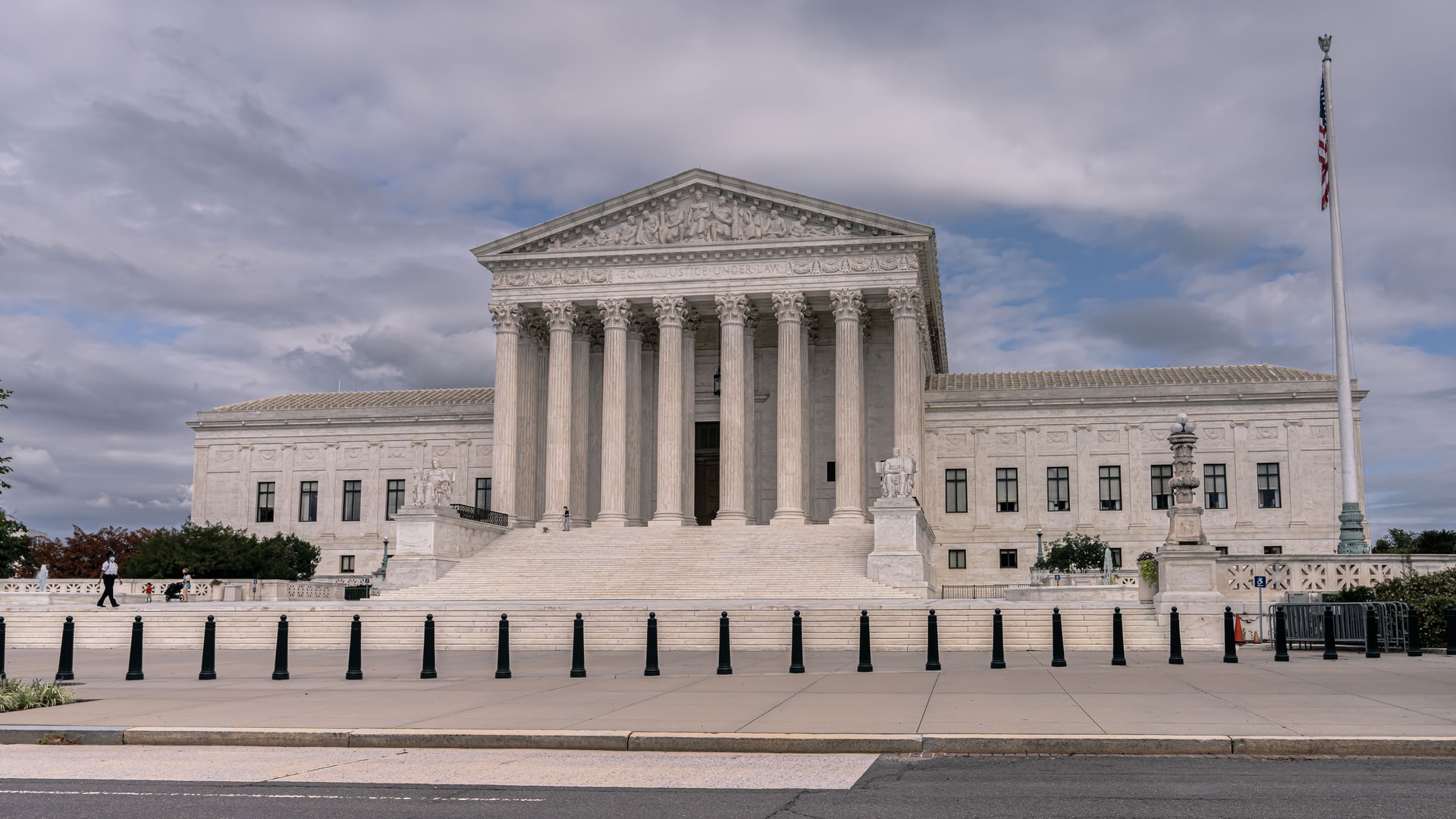John the Baptist, whom Jesus described as “the greatest prophet of all time,” did not have a good ending to his life, at least as far as the media of his day was concerned. After phenomenal ministry success that drew crowds of thousands, converts of all strata, and praise all around, John was executed because of his stand on a moral issue that challenged the status quo of his day. Herod gave the order to have John beheaded because of the pressure placed upon him by some in his court who were offended by John’s insistence that open marriage was wrong.
I watched with sadness yesterday as Louie Giglio withdrew from giving the prayer at President Obama’s inauguration. Louie, who is a friend, had been asked by the president to deliver the prayer for the inauguration, which coincides this year with the 150th anniversary of the Emancipation Proclamation. Part of the motivation for choosing Louie was that the Passion Movement–which he founded–is committed to ending the sex slave trade. However, Louie’s selection led to an enormous outcry by several homosexual advocacy groups, who called for the White House to rescind their invitation. They vocally objected to Louie’s belief that homosexuality is sin and that salvation for this sin, and every sin, must be sought from Jesus Christ. Louie said he withdrew because of the pressure placed on him by those “seeking to make their agenda the focal point of the inauguration.”
It is not clear at this point if any pressure was placed upon Louie by the White House itself, though the Presidential Inaugural Committee said they will “now work to select someone to deliver the benediction” who will “reflect this administration’s vision of inclusion and acceptance for all Americans,” indicating at least some regret in selecting Louie and hints at their commitment to select someone that conforms to the moral vision of these advocacy groups.
Russ Moore points out that what makes this situation so shocking is that the comments Louie made that are being construed as “anti-gay” are almost a direct quotation of the Christian Scriptures. “‘Unrepentant homosexuals,’ Giglio said (as with unrepentant sinners of all kinds) ‘will not inherit the kingdom of God.’ That’s 1 Corinthians 6:9-10. Giglio said, ‘it’s not easy to change, but it is possible to change.’ The Bible says God ‘commands all people everywhere to repent’ (Acts 17:30), the same gospel, Giglio says, ‘that I say to you and that you would say to me.'”
For 2000 years the Christian faith, together with Islam and Judaism, has held that sexual immorality is sinful, and the Bible, both Old and New Testaments, defines immorality as any sex outside of marriage. Believers are told that God’s design for sex was between one man and one woman united in a lifelong covenant of marriage, and to flee all other forms of sexual immorality (1 Cor 6:9–11, 18). That doesn’t mean that as believers we insist that American laws reflect all of our moral understandings, as we believe in a free country in which people can follow the dictates of their own consciences. It does mean, however, that if we are faithful to Christ we must personally forsake all that God has forbidden and proclaim with clarity to our world what God says about these matters, even if our proclamation is taken as stinging rebuke and leads to disdain and rejection.
Moore goes on to say that Louie’s removal indicates, de facto, the establishment of a new state religion: “When it is now impossible for one who holds to the catholic Christian view of marriage and the gospel to pray at a public event, we now have a de facto established state church. Just as the pre-constitutional Anglican and congregational churches required a license to preach in order to exclude Baptists, the new state church requires a “license” of embracing sexual liberation in all its forms. Note, this now doesn’t simply exclude harsh and intemperate statements or even activism. Simply holding the view held by every Roman pontiff and by every congregation and synagogue in the world until very recent days is enough to make one ‘radioactive’ in public.”
While the comparison of this situation to the beheading of John the Baptist is obviously hyperbole, it is not hard to see that the spirit at work in both situations is the same. (And I am not suggesting that any of the advocacy groups have called for violence against Louie–just that they wish to have him removed from the public square). As a church, we face the choice of whether to remain faithful to God’s word or to capitulate to culture. As a nation, we face the choice of whether or not we believe in free speech and whether those holding to the historic Christian faith are allowed in the dialogue of the public square.
For fellow believers, I want you to understand that this comes as no surprise. Jesus told us this would happen. Unfortunately, the church in America does not have a great record on standing against the moral tides of the day. Many of us were silent when we should have spoken out on slavery, civil rights of all kinds, and abortion, preferring to avoid bucking the trends of our day so we could retain our good standing and influence in our society (a strategy that not only dishonored God but failed resoundingly, as it does in every generation). We even postured our moral cowardice as an innocent desire to see people converted. John the Baptist, for one, would not have recognized an evangelistic crusade that did not identify as sin what God calls sin.
Will we fail here, too? Martin Luther said that the courage of the soldier is tested in how well he stands where the battle is the hottest, not in how brave he postures himself where the battle is no longer being fought. It takes little courage to decry the evils of racism or the greed of Wall Street. Almost anyone would say “Amen” to that. Our faithfulness to Jesus is tested in whether we maintain his decrees in things our culture finds offensive. We preach salvation by faith in Jesus Christ for all, of whatever background, or afflicted by whatever sin, who will repent and believe.
President Obama, will you stand up for the right of believers of the historic Christian faith to have even a voice in the public square? Will you stand up to those in your base calling for the metaphorical “beheading” of those who dare voice a position contrary to the prevailing moral sentiments of the day?
Neither homosexuality nor any other moral ethic is the center of Christianity. Jesus and his substitutionary work on the cross are. Jesus loved sinners and died for them. He receives all who come to him with a repentant heart regardless of the nature of their struggle (John 6:37). I know. He received me. If you are one attracted to those of the same sex, I can promise you that even if father and mother has forsaken you, Jesus never will (Isa. 49:15-16). But you have to come to him on his terms.
Homosexuality is not a categorically different sin than others. Humanity’s common problem is sin, and our common Savior is Jesus. That’s why preachers of old said, “The ground is level at the foot of the cross.”
Finally, one word to our students: I wrote this because I know that hundreds of our students just got back from Passion, where you joined 60,000 others in a truly epic celebration of God’s grace in Christ. I know that this whole series of events confuses and angers some of you. I want to encourage you not to respond in anger. Like Jesus taught us and the Apostles demonstrated for us, treat those who misrepresent and abuse you with kindness. Ask for the right to be heard. Tell others that you realize how difficult it must be to lead a country in which so many people disagree on such fundamental things. Let the graciousness of your disposition and the consistency of your lifestyle be your strongest argument.
For some of the other Christian responses to this, see Justin Taylor’s blog here.


